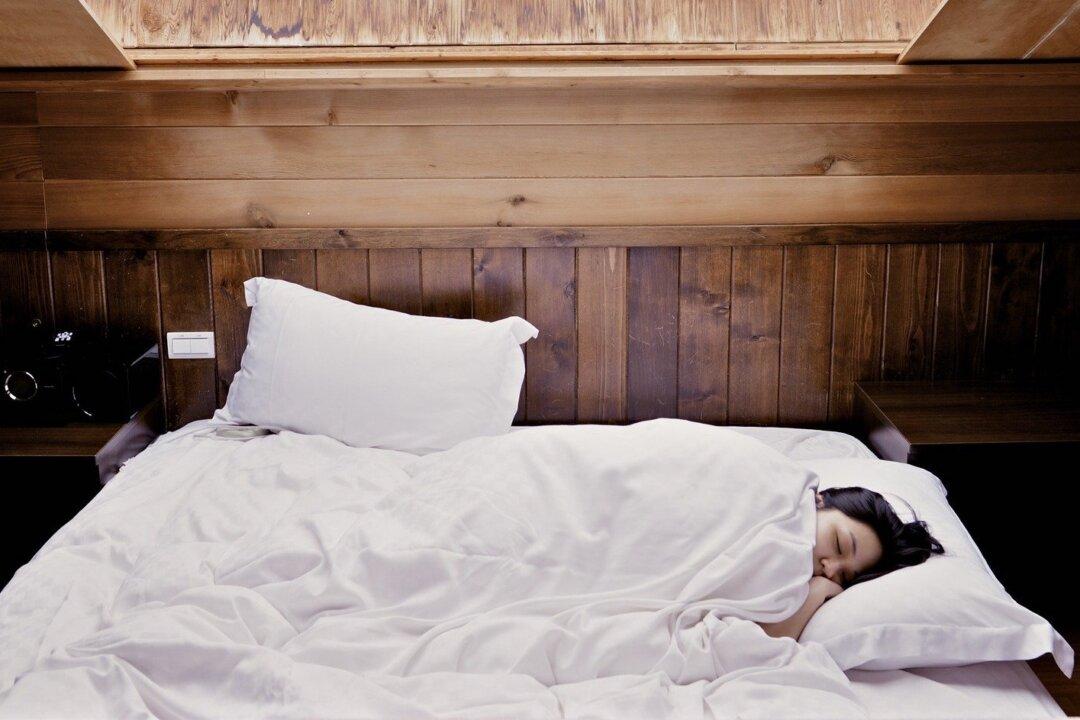As freelancers and entrepreneurs, most of us probably don’t have to set our alarm clocks for a 9-to-5 schedule. While this is an advantage for independence and creativity, the downside is that we are never formally not working—we can default to working on projects late at night or as soon as we wake up in the morning, and we owe it to ourselves to develop better sleep habits and transform your productivity.
Even worse, many people struggle with insomnia. Insomnia can include difficulty falling asleep and frequently waking up during the night. While insomnia is frustrating and sometimes requires the assistance of a medical professional, many cases of insomnia can be relieved simply by developing consistent sleep hygein on our own.
